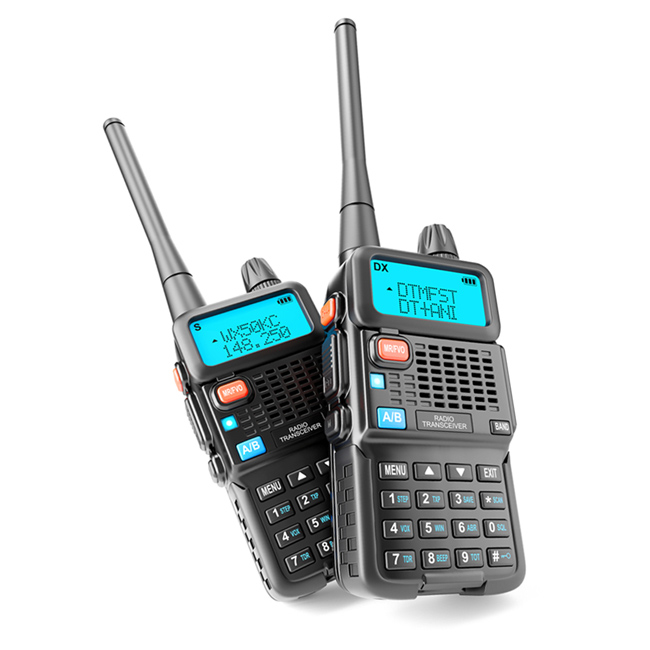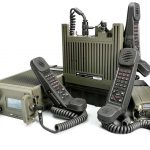In today's interconnected world, where wireless communication has become an integral part of our daily lives, radio frequencies play a crucial role. From mobile phones to Wi-Fi networks, from satellite communication to Bluetooth devices, radio frequencies enable seamless connectivity and information exchange. In this blog post, we will explore the importance of radio frequencies and how they have revolutionized the way we communicate and interact with the world around us.
- Enabling Wireless Communication:
Radio frequencies are the backbone of wireless communication systems. They allow devices to transmit and receive signals wirelessly, eliminating the need for physical connections. This has opened up a world of possibilities, enabling us to stay connected on the go, communicate across vast distances, and access information with ease. Without radio frequencies, our modern wireless devices would be rendered useless. - Spectrum Allocation and Management:
To ensure efficient and interference-free communication, radio frequencies are carefully allocated and managed. Governments and regulatory bodies worldwide oversee the allocation of different frequency bands for various applications. This spectrum management ensures that different wireless technologies can coexist without causing interference. It also enables the optimization of available frequencies, maximizing their utilization and minimizing signal congestion. - Advancements in Telecommunications:
The importance of radio frequencies becomes even more evident when we consider the advancements in telecommunications. From the early days of analog communication to the current era of digital transmission, radio frequencies have played a pivotal role in shaping the telecommunications industry. The development of 3G, 4G, and now 5G networks has been made possible by harnessing the potential of different frequency bands. These advancements have not only enhanced voice and data communication but also paved the way for emerging technologies like the Internet of Things (IoT) and smart cities. - Impact on Industries:
Radio frequencies have a profound impact on various industries, ranging from healthcare and transportation to entertainment and agriculture. In healthcare, wireless medical devices rely on radio frequencies for remote monitoring, diagnostics, and patient care. In transportation, radio frequencies enable efficient communication between vehicles, improving road safety and traffic management. In entertainment, radio frequencies are used for broadcasting television and radio signals, ensuring widespread access to news, entertainment, and information. In agriculture, wireless sensors and monitoring systems utilize radio frequencies to optimize irrigation, crop management, and livestock tracking.
Conclusion:
Radio frequencies are the invisible force that powers our wireless world. They enable seamless communication, drive technological advancements, and impact various industries. From the allocation and management of spectrum to the development of cutting-edge wireless technologies, radio frequencies continue to shape our connected future. As we move forward, it is essential to recognize the importance of radio frequencies and ensure their efficient utilization for the benefit of society as a whole.



Average Rating